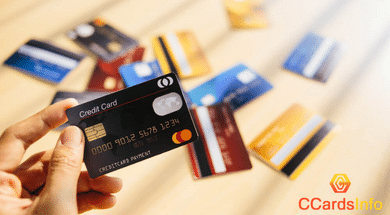A grace period for a credit card is a period of time, usually between 21 and 25 days, during which a cardholder can pay off their credit card balance in full without accruing any interest charges. This period typically begins on the day the statement is issued and ends on the payment due date. The grace period is essentially an interest-free loan that credit card issuers offer to their customers as a courtesy. It is intended to give cardholders time to review their statement and make payments without being penalized for carrying a balance. However, if the balance is not paid in full by the end of the grace period, interest charges will be applied to the outstanding balance. The length of the grace period can vary depending on the credit card issuer and the terms of the card agreement.

Key points to understand credit card grace periods:
1. Length of the grace period:
The length of the grace period can vary depending on the credit card issuer and the terms of the card agreement. Typically, the grace period is between 21 and 25 days from the statement date, but it can be as short as 10 days or as long as 30 days.
2. No interest during grace period:
During the grace period, the credit card issuer will not charge any interest on the balance if the cardholder pays off the full balance by the due date. This means that if the cardholder pays off the entire balance before the grace period ends, they will not have to pay any interest charges.
3. Interest charges after grace period:
If the cardholder does not pay off the full balance by the due date, interest charges will be applied to the outstanding balance. The interest rate can vary depending on the credit card issuer and the type of card.
4. Grace period applies to new purchases:
The grace period applies to new purchases made during the billing cycle. This means that if a cardholder makes a purchase during the billing cycle and pays off the entire balance before the grace period ends, they will not have to pay any interest charges on that purchase.
5. Grace period does not apply to cash advances:
Cash advances typically do not have a grace period, and interest charges will be applied from the date the cash advance is made. This is because cash advances are considered to be high-risk transactions by credit card issuers.
Bottom line:
The grace period for a credit card is a specified period, typically between 21 and 25 days, during which a cardholder can pay off their credit card balance in full without accruing any interest charges. This period begins on the day the statement is issued and ends on the payment due date. The grace period is intended to give cardholders time to review their statement and make payment without being penalized for carrying a balance. However, if the balance is not paid in full by the end of the grace period, interest charges will be applied to the outstanding balance. The length of the grace period can vary depending on the credit card issuer and the terms of the card agreement, so it’s important to understand the details of your card’s grace period to avoid unnecessary interest charges.




